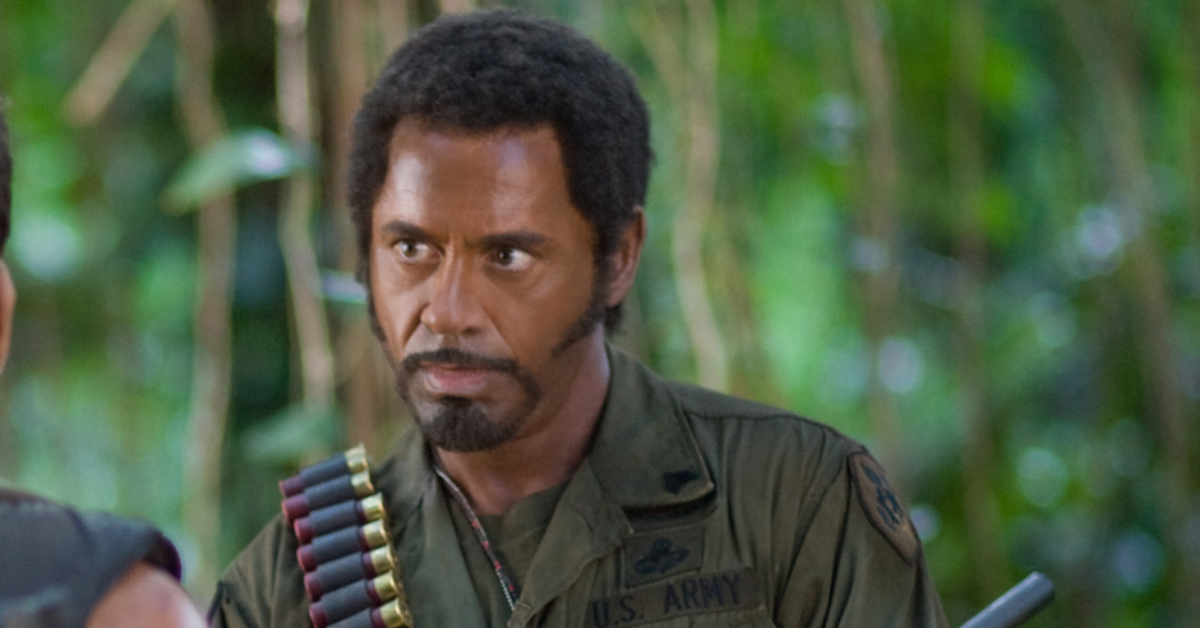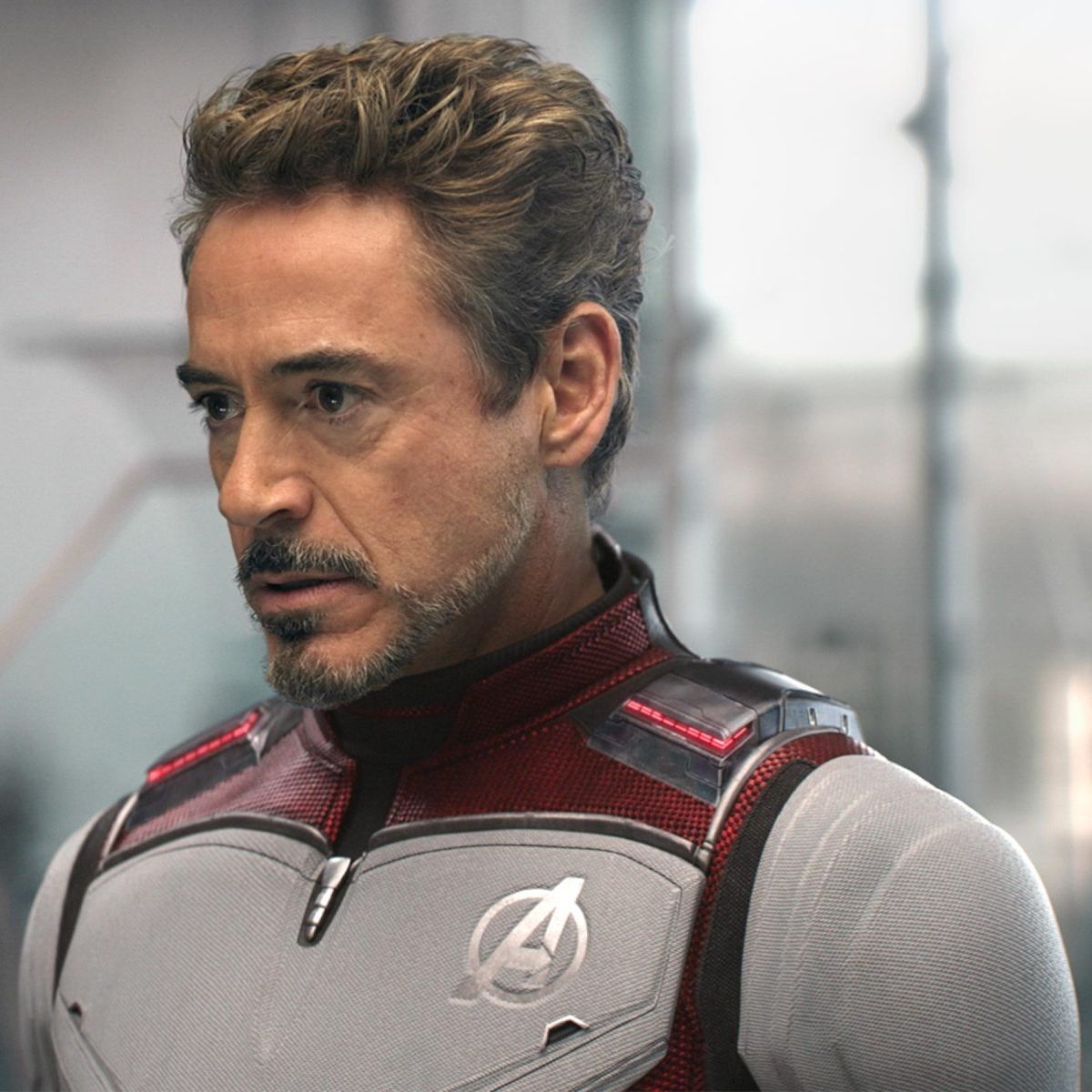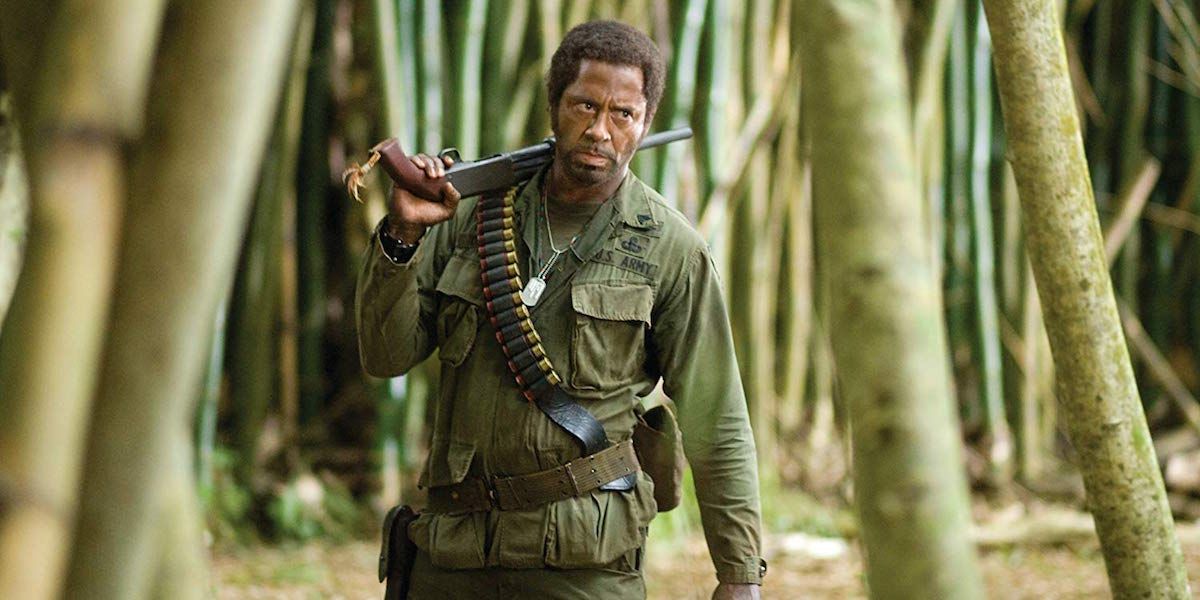Robert Downey Jr.'s career has been a story of ups and downs. He started out his career as a child actor in the 1970 film, Pound, which was written and directed by his father, Robert Downey Sr.
In the two decades or so that followed, Downey Jr. experienced a meteoric rise in the industry, ending up with an Academy Award nomination in 1993. He was up for the Best Actor gong, following his portrayal of British Hollywood legend, Charlie Chaplin in the movie, Chaplin. He eventually lost out in the category to the peerless Al Pacino, but even that could not put a dampener on Downey Jr.'s undoubted rising star.
The late '90s and early 2000s, however, saw his career plagued with all manner of challenges, from drug addiction to multiple run-ins with the law. At some point, it appeared as though his career would peter out, but the New York-born actor got his act together and managed to get it back on track.
Emphatic Comeback
In 2008, as he made his comeback rather emphatically, he was scheduled to feature in three major motion pictures. Iron Man and The Incredible Hulk were the first two films of the Marvel Cinematic Universe. They both featured Downey Jr. as Tony Stark, a role he would become synonymous with in the 20-odd years since.
The third, Tropic Thunder, was at the time not as notable as the other two, but would end up creating at least as much noise. Despite the success of the film, there were various controversies surrounding it, one of which threatened to send Downey Jr.'s career right back into obscurity.
The idea of the film was first conjured up in the mind of writer, Ben Stiller while he was playing Dainty, a character in the Steven Spielberg war flick of 1987, Empire of the Sun. Stiller watched with interest how actors tended to become a little too self-absorbed into the combat life following bootcamps and training for movie roles. He then decided to write a story along those lines.
Tropic Thunder followed a couple of egotistical actors making a Vietnam war film. However, their director becomes fed up with their antics and leaves them stranded out in the jungle, where they end up having to use their acting skills to survive the real life threats that confront them on the ground.
Box Office Sensation
The picture was a box office sensation, where it raked in a profit of well over $100 million. Distinguished film critic Roger Ebert praised the film, and Downey Jr.'s part in it.
"[Tropic Thunder is] the kind of summer comedy that rolls in, makes a lot of people laugh and rolls on to video," he wrote. "When it’s all over, you’ll probably have the fondest memories of Robert Downey Jr.’s work. It’s been a good year for him, this one coming after Iron Man. He’s back, big time."
The movie was perceived generally as a parody of other war films, and while Stiller did not object entirely to such suggestions, he felt there was so much more to it than satire.
"I feel the tone of the movie is its own thing," he said, speaking to USA Today. "I think there are elements of satire, but I don't think it should be categorized just as that. There are elements of parody in it, but obviously I don't think it's just that. I feel like hopefully it's its own thing, which has a lot of familiar stuff that we are playing off of."
Heart In The Right Place
The original controversy around Tropic Thunder centered on its seemingly derisive portrayal of intellectual disability. Stiller defended his film and team, saying that context made all the difference to one's interpretation.
"We screened the movie so many times and this didn't come up until very late and I think the guy spearheading [a protest against it] hasn't seen the movie," Stiller said, as was reported by ABC News at the time. "In the context of the film I think it's really clear, they were making fun of the actors who try to use serious subjects to win awards. It's about actors and self-importance."
Years later, another question started to be asked of the film. Downey Jr.'s character, an Australian method actor called Kirk Lazarus, underwent surgery to change his skin color for the role of a black character. In order to depict this change, Downey Jr. practically donned blackface.
In the wake of the Black Lives Matter movement, and a dark history of the blackface culture in Hollywood, this decision came under heavy criticism. Downey Jr. himself admitted to having a bad feeling about taking on the role back then, although he insisted that his heart was in the right place.
"I know where my heart was and I think that it’s never an excuse to do something that’s out of place and not of its time," he said.



